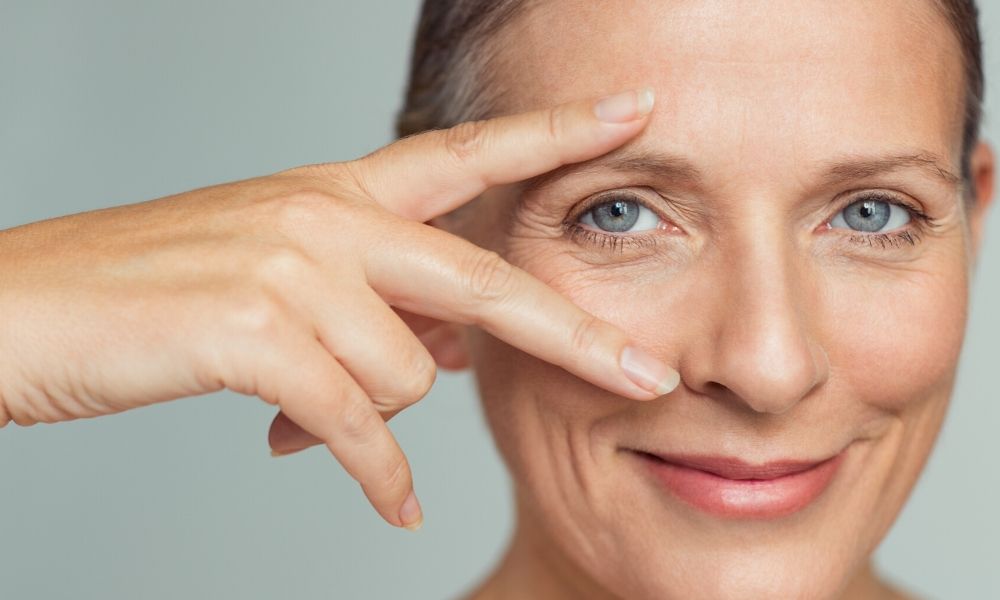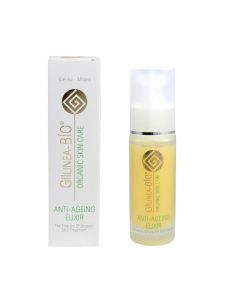From around the age of 25, the body's hyaluronic stores start to decline and the first signs of aging, such as small fine lines around the eyes or on the forehead, become visible.
How quickly the skin ages depends on many different factors, such as:

The right care!
When choosing the right skin care, make sure that it is appropriate for your age. If your skin is rather dehydrated, you should use an additional moisturizer, such as a serum under the day cream. As we age, the skin becomes drier and skin elasticity decreases. For this reason, it is important to care for the skin with moisturizing products. The Aloe Vera plant or products containing Aloe Vera are very suitable here. Aloe vera has the property of binding large amounts of water and then releasing it in a targeted manner.
You should not use creams or cleansing products that irritate the skin or contain a variety of chemical ingredients. This can damage the epidermis and dermis, which can be long-lasting.
Use mainly natural, herbal care products. There are a variety of plant-based ingredients that stimulate collagen production and provide the skin with moisture. Tobacco leaf extract, pomegranate seed oil, grape seed oil or prickly pear oil, are just a few of the herbal ingredients with a moisturizing anti-aging effect.
Find out more about the effects of the herbal ingredients here!
Skin structure - How does it age?
The skin consists of three layers, the epidermis, the dermis and the dermal layer also called the subcutis. The skin aging process takes place in all three layers at different speeds.
Epidermis
The epidermis is the outer cell layer of the skin, the so-called epidermis. It is strongly exposed to external influences and has the task of warding off free radicals such as UV or viruses.
Dermis
The so-called dermis, or dermis, consists of firming connective tissue. There are sebum and sweat glands in the dermis but also vessels and nerves. It supplies the epidermis with nutrients.
Dermal Layer - Subcutis
The subcutis is referred to as subcutis, has an important influence on the water balance of the body and offers the body protection against hypothermia by storing fat.


